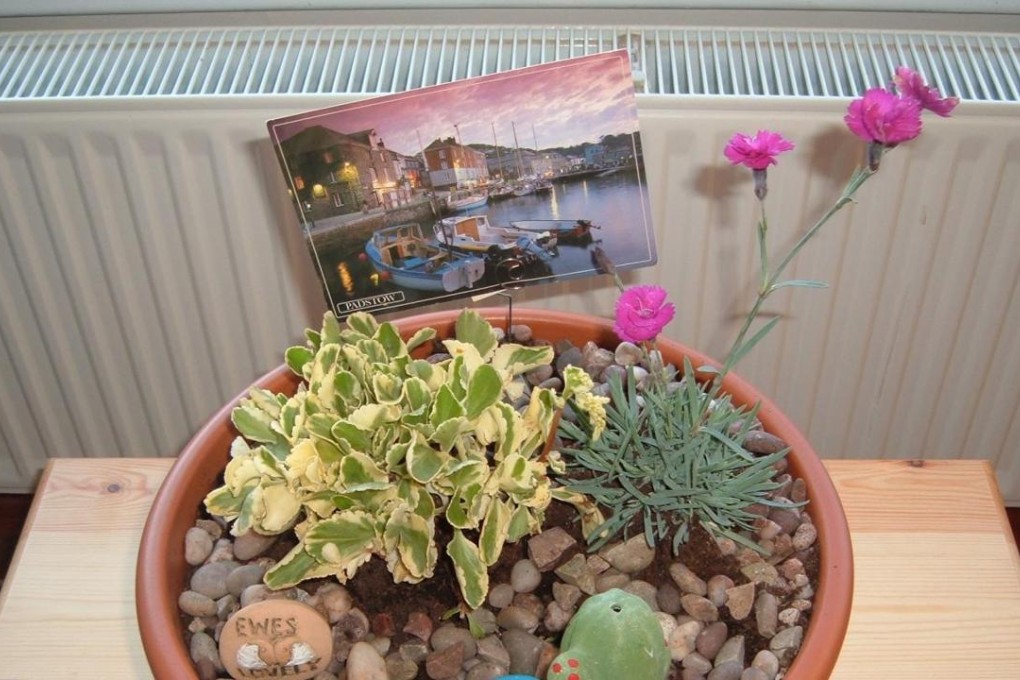To curb obesity, make food portions, plates and cutlery smaller, scientists say
The bigger the serving of food, the more we are tempted to eat, says study. Also in the news: being a TV-obsessed couch potato catches up with you, and tending mini gardens is good for cancer patients

Reducing the size of food portions, packaging and tableware could help to tackle obesity, argue experts in The BMJ this week. Theresa Marteau and colleagues from England’s University of Cambridge recently published a review that found the “most conclusive evidence to date” that people consume more food or drinks from larger portions or packages, and when using larger items of tableware. They showed that eliminating larger portions completely could reduce daily energy intake consumed by 12-16 per cent among UK adults, and by 22-29 per cent among US adults. In their article, they suggest changes to reduce the size, availability and appeal of large food and drink portions. They say that reducing portion sizes may mean going back to amounts of food and tableware sizes similar to those in the 1950s, and changes may even involve reductions of more than 50 per cent for some energy dense products.

How much TV you watch as a young adult may affect midlife cognitive function
Watching a lot of TV and having a low physical activity level as a young adult were associated with worse cognitive function 25 years later in midlife, according to an article published online by JAMA Psychiatry. In particular, these behaviours were associated with slower processing speed and worse executive function, but not with verbal memory. Researchers in San Francisco tracked 3,247 adults (ages 18 to 30) using a questionnaire to assess television viewing and physical activity during repeated visits over 25 years. High television viewing was defined as watching TV for more than three hours per day for more than two-thirds of the visits. Cognitive function was evaluated at year 25 using three tests that assessed processing speed, executive function and verbal memory. Participants with high television viewing during 25 years (10.9 per cent) were more likely to have poor cognitive performance on some of the tests. Low physical activity during 25 years in 16.3 per cent was associated with poor performance on one of the tests. The odds of poor cognitive performance were almost two times higher for adults with both high television viewing and low physical activity (in 3.3 per cent of participants).

Nature-based activities are well-known to boost psychological health in cancer patients. But for those who don’t have easy access to nature, a small indoor “garden bowl” could be enough. In an article in the peer review online forum, ecancermedicalscience, a team of researchers led by Dr Ceri Phelps of the University of Wales Trinity Saint David in Swansea, prepared a feasibility study of a simple ecotherapy-based intervention in women affected by breast cancer. Seven women from an existing breast cancer support group cultivated and customised their own indoor “garden bowls” for three months. They started with a bowl, compost and three starter plants, which they took home and tended daily. The women reported on their feelings and findings in diary entries, collected within the research paper. The women felt that the process of tending the bowl and reflecting upon it led to feelings of positivity, control and meaning. “The take-home message is that psychosocial interventions do not have to be complex, labour-intensive to deliver, or costly,” says Phelps.